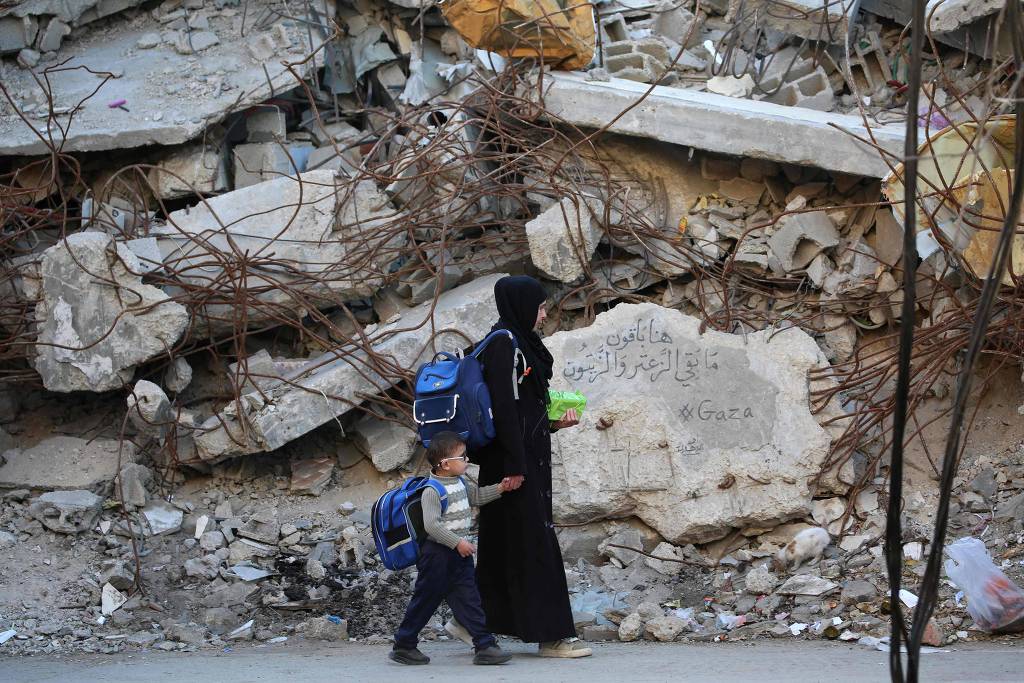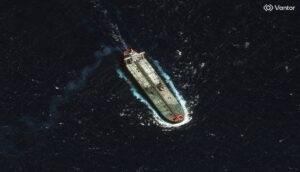
Published 19/12/2024 13:11 | Edited 12/19/2024 1:30 pm
While Prime Minister Benjamin Netanyahu of Israel announces the possibility of a ceasefire with the Islamic group Hamas, the Zionist government’s strategy to improve its image in the international community, Human Rights Watch (HRW), a rights organization human rights, stated this Thursday (19) that Israel killed thousands of Palestinians in the Gaza Strip by depriving them of access to drinking water.
According to a report from the organization, the deprivation legally constitutes acts of genocide and extermination, the Reuters news agency reported.
“This policy, imposed as part of a massacre of Palestinian civilians in Gaza, means that the Israeli authorities committed a crime of extermination against humanity, which continues in progress. This policy also constitutes an ‘act of genocide’ under the 1948 Genocide Convention,” HRW said in its report.
Israel’s campaign in the Palestinian territory has killed more than 45,000 people, displaced most of Gaza’s 2.3 million population and reduced much of the area to rubble.
According to the agency, the report cites statements by some senior Israeli officials who, according to HRW, suggest that they “wish to destroy the Palestinians,” meaning that deprivation of water “may amount to the crime of genocide.”
“What we find is that the Israeli government is intentionally killing Palestinians in Gaza by denying them the water they need to survive,” said Lama Fakih, HRW Middle East director, during a press conference.
Human Rights Watch is the second major rights group in a month to use the word genocide to describe Israel’s actions in Gaza. Earlier, Amnesty International published a report concluding that Israel is committing genocide in Palestinian territory.
The 184-page Human Rights Watch report said the Israeli government stopped pumping water into Gaza, cut electricity and restricted fuel, which prevented the use of the territory’s own water and sanitation facilities.
As a result, Palestinians in Gaza have access to just a few liters of water per day in many areas, well below the 15 liter limit needed for survival, the organization said.
Source: vermelho.org.br

